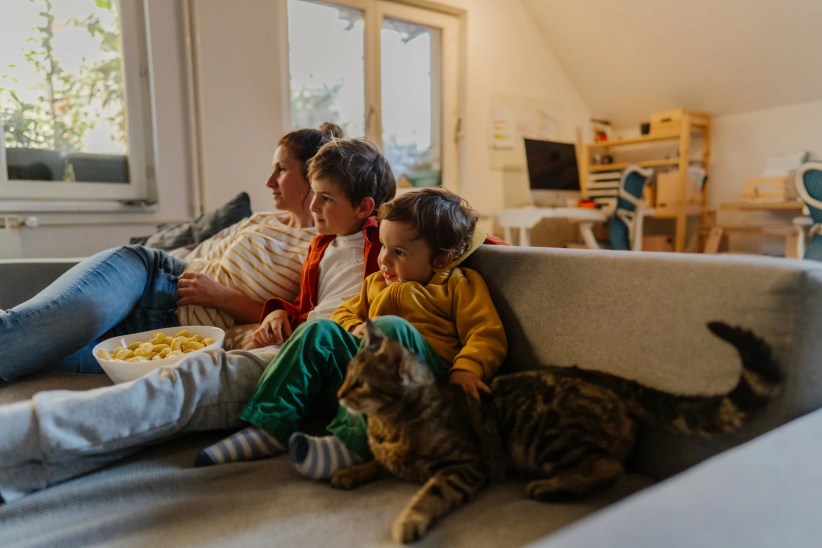
8 Practical Strategies to Raise Resilient Children
The past 18 months have been rough, the global pandemic has knocked us off our feet and challenged families in all facets of life. It has been a test on our endurance, relationships and mental health.
The rollercoaster of emotions for parents has been difficult to manage, and as an educator, I want to examine the emotional well-being and analyze the consequences for children. I try to view the world from my children’s perspective and attempt to understand how this pandemic has affected their life experiences. I have discovered that children are more resilient than we realize. I want to nurture this resilience, the ability to rebound from setbacks and overcome failures, and to arm them with essential tools to face obstacles that are sure to come their way.
Psst..check out The Best Apps and Devices to Keep Track of Your Kids
8 Active Strategies to Build Resilience:
Build positive relationships
Helping your child establish positive relationships through clear communication, openness, honesty, and trust helps your child feel like they can take risks and make mistakes knowing they have a strong web to catch them. On a subconscious level, this allows your child to try new things with less hesitation and more confidence.
Develop confidence
Encourage your child to have a positive outlook on who they are. Nurture self-kindness and celebrate unique gifts and strengths. Allow space for mistakes as from mistakes, we learn, grow and gain confidence.
Manage emotions
Giving feelings a name. With the right vocabulary, children have a way of expressing how they feel. Acknowledging emotions by using simple language, “I see you are feeling (insert emotion),” provides validation and gives your child the affirmation that you are listening and understanding them in the moment. Emotional self-regulation techniques such as simple breathing activities or taking a walk are easy to implement and are effective.
Enable independence
Give age-appropriate responsibilities. Simple household chores are small, un-directed tasks that give a sense of responsibility and confidence. If your child is old enough, drop them at family or friends for playdates, allow them space to be separate from their home dynamic. Encourage independent thought about events happening in their lives, let them form their own opinions, have a discussion, even if you disagree – this is a wonderful opportunity to show your child how to be respectful of all ideas and points of view.
Set realistic goals
Teaching your child to set goals and following through is important for developing fortitude and perseverance, especially when the going gets tough. Setting goals is important because it helps your child develop intrinsic motivation, responsibility for their actions and is a life-long gift. Try these ideas: let your child pick their goal, break it down into smaller steps, write it down (In a study conducted by Prof. Gail Matthews, people who write down their goals are 20% more successful In accomplishing them than those who did not), put a time frame on it, discuss potential hurdles that they may encounter and help with problem-solving before they begin.
Take risks
Have a conversation about taking risks and trying new things, rather than saying, “be careful,” tell them the consequences of their actions. Allow for some freedom and space to explore and step back to observe.
See failures as opportunities
Reframe failure as a course correction. Connect with your child by telling them a time you set a goal, made mistakes, or failed but kept going. Sharing personal experiences or stories makes it more meaningful and you can model the steps and outcome.
Don’t rush to their rescue
Unless your child is in immediate danger or in harm’s way, let your child process what is happening when something goes wrong or they are facing a challenge. As parents, we want to save our children from any kind of hardship however this sets up our children to buckle under pressure or any uncomfortable situation in their future. Let your child problem-solve on their own and endeavor to create an environment where your child feels safe to ask for your help when they need it.























